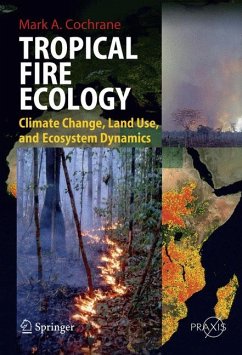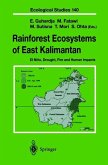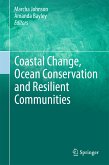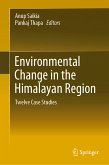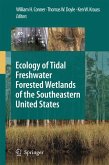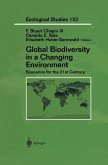Tropical deforestation, especially in rainforests, has been widely documented for many years. Forests are cut down and allowed to dry before being burned to remove biomass and release nutrients to grow crops. However, fires do not always stop at the borders of cleared forests. Tremendously damaging fires are increasingly spreading into forests that were never evolutionarily prepared for wild fires. The largest fires on the planet in recent decades have occurred in tropical forests and burned millions of hectares in several countries.
The numerous ecosystems of the tropics have differing levels of fire resistance, resilience or dependence. At present, there is little appreciation of the seriousness of the wild fire situation in tropical rainforests but there is even less understanding of the role that fire plays in the ecology of many fire adapted tropical ecosystems, such as savannas, grasslands and other forest types.
Dieser Download kann aus rechtlichen Gründen nur mit Rechnungsadresse in A, B, BG, CY, CZ, D, DK, EW, E, FIN, F, GR, HR, H, IRL, I, LT, L, LR, M, NL, PL, P, R, S, SLO, SK ausgeliefert werden.
"This comprehensive, multidimensional book is a welcome compilation of timely information on fire ecology, a central issue in the science of global climate change. ... the book for the ecology and science of fire-dependent ecosystems. ... Each chapter contributes ... a rich source of information for both academic curricula and reference purposes. ... good use of technology including GIS in their analyses and data representations. Summing Up: Highly recommended. Lower-division undergraduate through professional ecology, forestry, geography, and biological science collections." (E. J. Delaney, Choice, Vol. 47 (3), November, 2009)
"This weighty book comprises 21 chapters at an average of more than 30 pages per chapter. There are three introductory chapters, 15 regional chapters and three pantropical reviews for specific vegetation types. ... Tropical Fire Ecology contains a wealth of concepts and information and will prove useful for research scientists as well as practitioners struggling with difficult management issues." (Donald Franklin, Biotropica, 2010)

